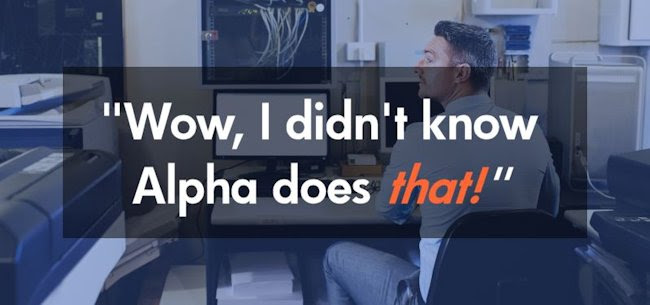As I’ve written before, artificial intelligence (AI) will drive mobile app development. To a great extent, though, it’s really a subset of AI, machine learning, that will be in the driver’s seat. Estimates are that the total funding for machine learning is more than $2 billion, three times the next leading AI subcategory.
Machine learning will be embedded into many types of mobile apps, from health to fitness trackers, financial ones and more. But machine learning may have the most impact of all on eCommerce app. A blog post in DevTeam.Space, Why Mobile Apps and Machine Learning are the New Killer Mixture to Skyrocket Your Business details how machine learning helps with many different types of apps. But eCommerce apps have the most to gain, and are likely the next big thing for eCommerce apps.
One thing it will be used for in eCommerce apps, the blog notes, is in product search. When you search for a product on a mobile app, you typically see on a few results because of the small screen size. So those results have to be absolutely on-target for the app to deliver what users want. With machine learning, the app can learn the interests of each user, and display highly targeted results based on that.
Similarly, it can help with product promotion and recommendation. The app can gather information about customer behavior, purchase patterns, and the type of content customers are interested in. It can then apply predictive analytics to determine what products each customer has the most interest in. The blog says, “These solutions can increase your e-commerce app revenue by up to 12%.”
Also important is forecasting buying trends, so that an eCommerce site and app can know what consumers will want to buy possibly even before consumers do, and then stock up on it and promote it. With machine learning, the blog says, you can “aggregate the trends and sales information from different open sources (celebrity bloggers, YouTube product reviews, social media, designer reports, etc.) and build a forecast in real time. Taking this even further, you can build a system which adds a new inventory automatically, based on the forecast.”
Finally, machine learning can help with fraud prevention. It can monitor customers’ typical online activities and purchases, and trigger alarms when there’s a likelihood of fraud.
Read why the new iPhones show that artificial intelligence is the future of mobile apps. And delve into why it will be built into mobile apps more and more, and how it will be fueled by cheaper sensors.






Comment